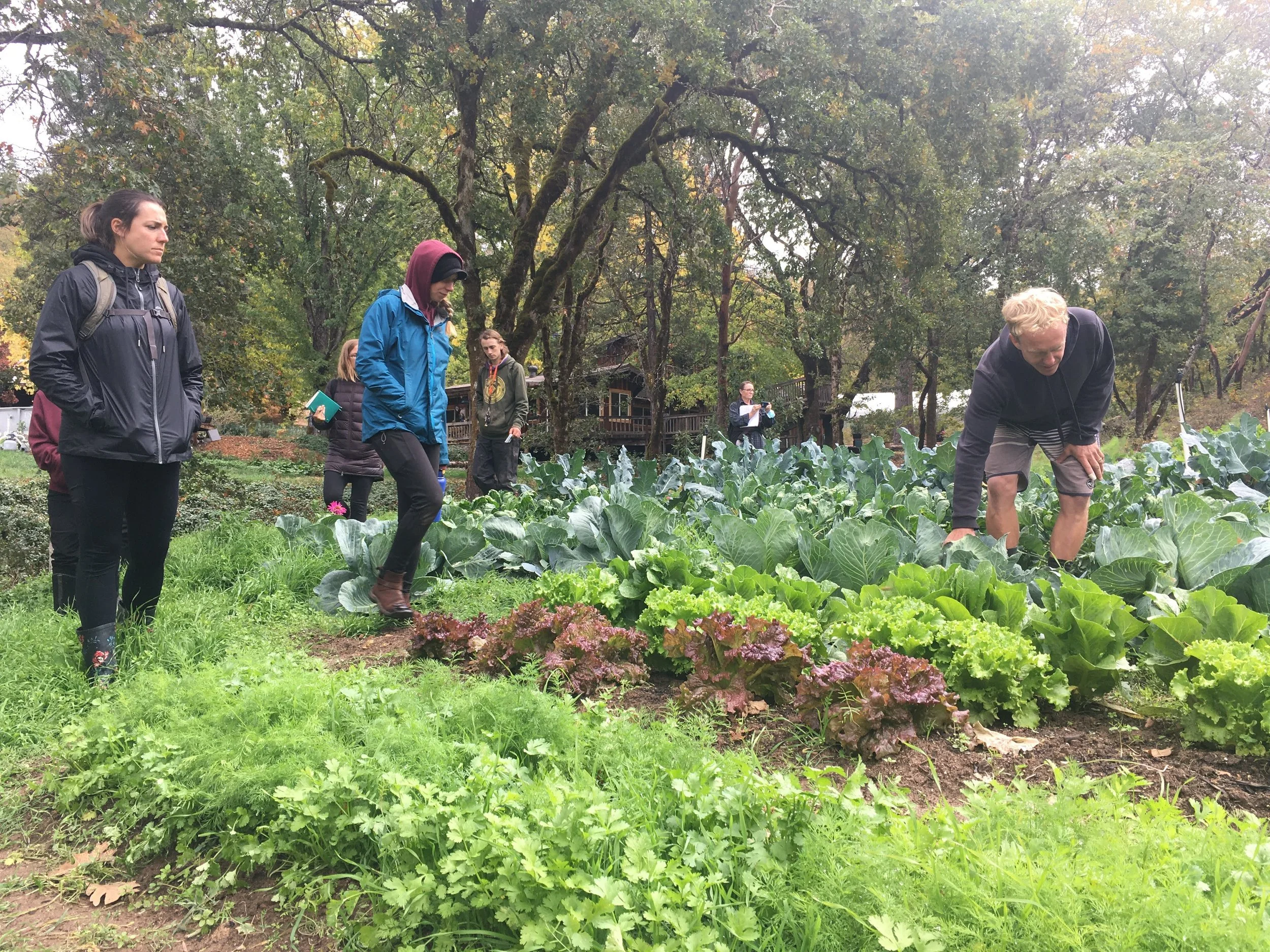Marketing Cooperatives
A marketing cooperative, sometimes called a producer cooperative, is a cooperative made up of multiple businesses coming together to collectively market their products. The marketing co-op exists as a separate entity from the participating farms. Each farm is a member-owner of the cooperative, and the cooperative exists to sell the goods of the member farms.
There are many benefits to forming a marketing cooperative. By taking advantage of economies of scale, participating farmers can access larger market opportunities, like selling to wholesale outlets. Farmers can pool funds to hire a broker or manager, effectively removing the burden of sales work off the shoulders of the farm owner. By sharing a marketing identity, a group of farmers can eliminate competition and access a larger customer base.
Marketing cooperatives are plentiful in the agricultural sector. Many large brands you find at the grocery store—Ocean Spray, Darigold, and Organic Valley, for example—are marketing cooperatives that aggregate their products from hundreds of farms and sell them under one label.
But marketing cooperatives aren’t only for large-scale commodity producers. There are creative ways to utilize the marketing cooperative model to be benefit small, diversified farms as well, and they don’t always necessitate sharing a brand name.
For example, farmers might form a producer cooperative and use it to market a joint CSA or run a joint farmers market state. Or, they could aggregate large amounts of similar products to sell to grocery stores or restaurants.
Case Study: The Seattle Wholesale Growers Market Cooperative
The Seattle Wholesale Growers Market Cooperative first opened for business in 2011. The group formed in response to a growing shift away from local flowers and towards imported flowers in the wholesale floral industry.
Harnessing the the marketing cooperative for an unusual purpose—to open an in-person flower market—the SWGMC has successfully provided a unique sales opportunity for its members, all of whom are local, small-scale producers.
By aggregating product, growers are able to access wholesale markets that are impossible to access as individuals. Farmers no longer have to truck around buckets of product to different sales outlets, freeing up time to focus on farming. Because the market is owned by its farmers, their focus is on providing a quality product and demanding a price that is fair to their members. Florists, floral designers, and other customers have come to see the SWGMC as a source of high calibre product, and growers have cultivated long-term relationships with these clients.
Learn more:
The Seattle Wholesale Growers Market Website
Learn More about marketing cooperatives
-
An Introduction to Producer Marketing Cooperatives (2021) | A succinct primer about marketing co-ops. Explains the what and the why, and compares the marketing co-op model to other similar collaborative models. Includes a marketing planning resource.
Farmers’ Marketing Cooperatives: A Guide to Starting a Farmers’ Marketing Co-op | This guide, while specific to Canadian growers, contains information pertinent to any farmer interested in marketing cooperatives. Includes examples of different ways farmers utilize the model, benefits and challenges inherent to the model, and takeaways from farmers.
Northwest Cooperative Development Center | PNW-specific organization offering consulting and other services to cooperatives in all industries
The National Council of Farm CooperativesThe NCFC offers resources to advance the business and policy interests of America’s cooperative farm businesses.
Speciality Crop Block Grant | Potential funding for marketing co-ops
Value Added Producer Grants | Potential funding opportunity for marketing co-ops
-
Farmhouse Food | Farmhouse Food is a cooperative based in Canada composed of producer-members who jointly market a customizable CSA subscription.
Listen to their interview with the Collaborative Farming Podcast
Eden Valley Growers | A cooperative of 60+ years, Eden Valley Growers, based in New York, is cooperatively owned by a group of diversified vegetable and fruit farmers. They offer cooling, marketing, and distribution of the produce grown under a shared marketing identity. The co-op also owns and operates Western New York Food Hub.
Cooperative Business Roundtable | This episode of the Collaborative Farming Podcast features a roundtable interview of four different cooperative food and farm businesses.
Listen to the roundtable here


